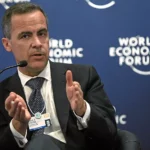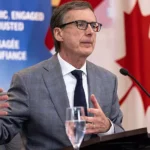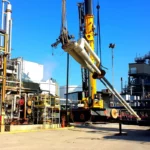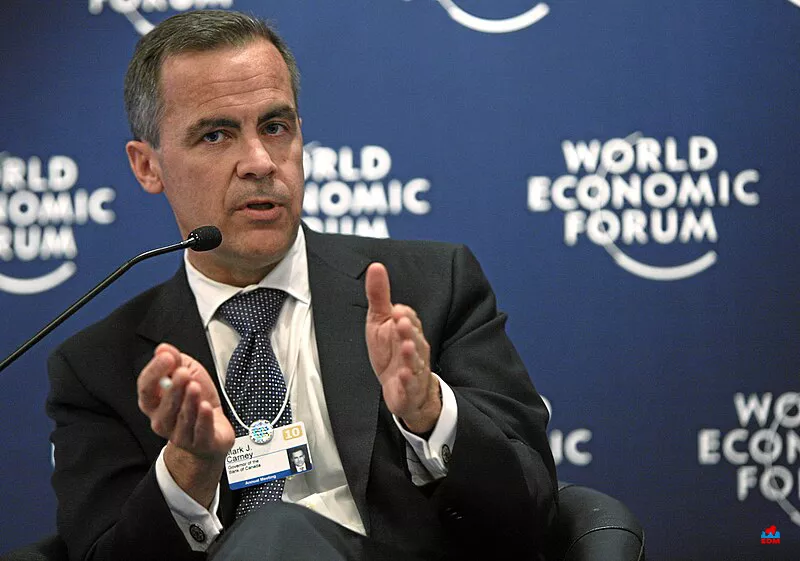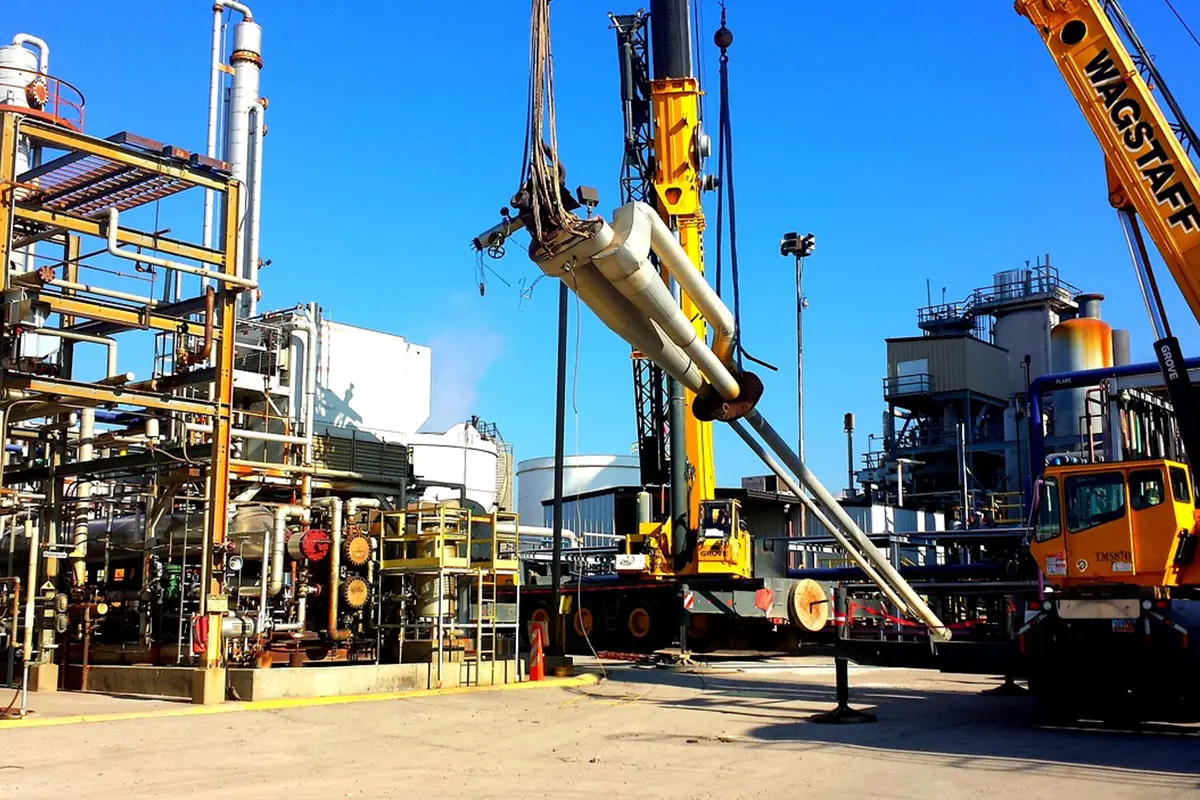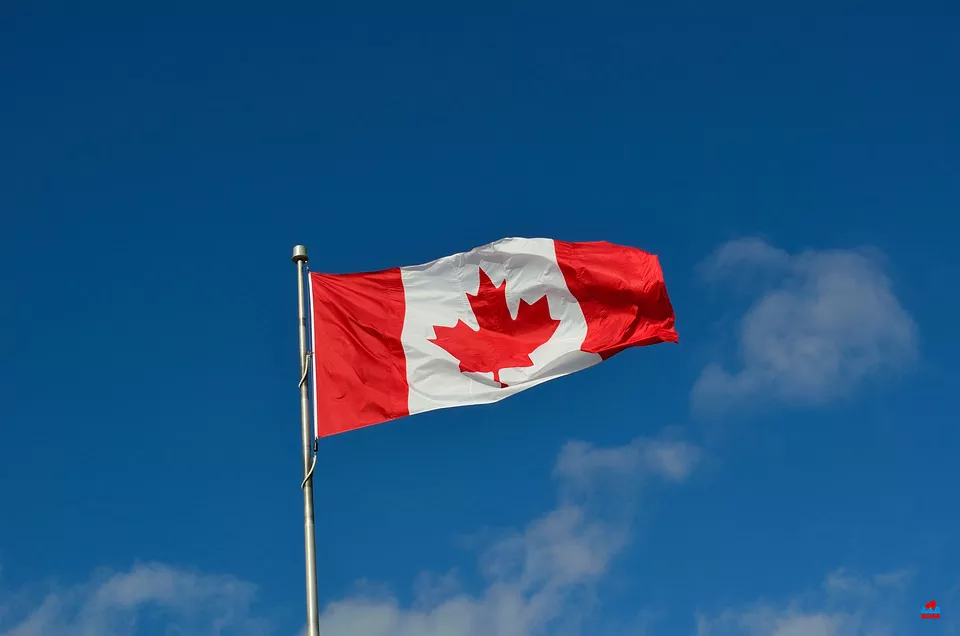
The Key Points
- Jagmeet Singh's Stance: NDP leader Singh has called for Justin Trudeau's resignation but remains ambiguous about supporting a no-confidence vote.
- Chrystia Freeland's Resignation: Deputy PM and Finance Minister Chrystia Freeland resigned, further destabilizing the government.
- Conservative Response: Pierre Poilievre, Conservative Party leader, suggests a no-confidence vote tied to the Fall Economic Statement.
- Potential Outcomes: Trudeau is reportedly considering resignation or proroguing Parliament amid mounting pressure and scandals.
Growing Opposition from Allies and Rivals
Canadian Prime Minister Justin Trudeau finds himself at the center of a political storm as opposition to his leadership intensifies. Jagmeet Singh, leader of the NDP, has publicly demanded Trudeau’s resignation, citing a loss of confidence in his ability to lead the country. At a press conference, Singh declared that the Liberal government is “over” and must take responsibility for its failures. However, Singh’s unwillingness to commit to a non-confidence vote in Parliament raises questions about the depth of his opposition.
Singh’s comments highlight a growing rift among progressive parties that once supported Trudeau’s government. While the NDP’s stance appears to be shifting, their hesitation to topple the Liberals reflects a broader concern about the political uncertainty such a move could unleash.
Meanwhile, Pierre Poilievre, leader of the Conservative Party, has taken a more direct approach, pushing for a no-confidence vote tied to the Fall Economic Statement (FES). This statement, expected to reveal a federal deficit much larger than initially projected, could serve as a litmus test for the Trudeau government’s credibility and competence.
A Government in Crisis
The unfolding crisis comes at a critical moment for Trudeau’s government. Just hours before Finance Minister Chrystia Freeland was set to deliver the FES, she abruptly announced her resignation, citing a lack of confidence in Trudeau’s leadership. Freeland’s departure sent shockwaves through Ottawa, leaving the government scrambling to fill a significant void in its fiscal strategy. Her resignation underscores internal divisions and exacerbates public concerns about the government’s stability and direction.
Freeland’s resignation has amplified criticism of Trudeau’s handling of key economic issues. The anticipated $60 billion federal deficit, far exceeding the $40 billion figure projected earlier this year, has become a focal point for opposition parties. Critics argue that Trudeau’s policies, including increased spending and tax hikes, have eroded Canada’s economic resilience, jeopardizing essential social programs and public trust.
The timing of Freeland’s departure couldn’t be worse for Trudeau. Her resignation casts doubt on the government’s ability to navigate Canada’s economic challenges, particularly as inflation and rising interest rates continue to strain households across the country. The Liberal government’s narrative of fiscal responsibility is now in tatters, leaving Trudeau vulnerable to attacks from both the opposition and disillusioned party members.
Scandals and Broken Promises
Trudeau’s tenure has been marred by scandals that have eroded his public image and diminished trust in his leadership. The Prime Minister has repeatedly been scrutinized, from the SNC-Lavalin affair to ethics violations involving the WE Charity. These controversies have undermined his credibility, fueling public dissatisfaction and weakening his domestic and international standing.
More recently, Trudeau’s government has faced backlash over handling the carbon tax, which critics argue has disproportionately burdened lower- and middle-income Canadians. The tax, a cornerstone of the Liberal Party’s climate policy, has been met with growing resistance, particularly in provinces already struggling with economic challenges. This policy, coupled with immigration controversies and a perceived lack of transparency, has further alienated key voter demographics.

The Liberal government’s economic mismanagement has become a lightning rod for criticism. Revelations of a ballooning fiscal shortfall have overshadowed initial projections of a $40 billion deficit, sparking concerns about Canada’s long-term economic stability, particularly as global markets face heightened volatility. Pierre Poilievre has seized on these issues, describing the government as “spiraling out of control” and accusing Trudeau of prioritizing political optics over substantive policy solutions.
Uncertain Path Forward
As pressure mounts, Trudeau is reportedly considering two options: resignation or proroguing Parliament. Resignation would pave the way for a leadership race within the Liberal Party, potentially revitalizing its image and exposing internal divisions. On the other hand, proroguing Parliament—a move that would temporarily suspend its operations—could buy Trudeau time to regroup. However, this strategy risks further alienating critics and deepening the perception of a government in disarray.
Sources suggest that Trudeau may address Parliament soon, adding urgency to the unfolding political drama. While his “Team Canada” strategy—designed to counter external economic threats such as U.S. tariffs—initially garnered praise, internal divisions and missteps have overshadowed these efforts. Trudeau’s leadership is now at a crossroads, with the next steps likely to define his legacy and Canada’s political trajectory.
The resignation of key allies like Freeland has also raised questions about Trudeau’s ability to maintain unity within his party. As factions within the Liberal Party grow increasingly vocal, Trudeau’s capacity to rally support appears to wane. This internal dissent and external pressures have created a perfect storm that threatens to upend his government.
Implications for Canada’s Political Landscape
The fallout from these events is likely to have far-reaching implications for Canada’s political future. Should Trudeau resign, it would trigger a leadership contest within the Liberal Party, potentially bringing new faces and ideas to the forefront. However, such a transition could also expose deep-seated divisions within the party, making it vulnerable in the next election.
Alternatively, a successful no-confidence vote could lead to a snap election, allowing Canadians to express their dissatisfaction with the current government. This scenario would also provide an opening for the opposition parties, particularly the Conservatives, to present a compelling vision for the country’s future. Pierre Poilievre’s firm stance on fiscal responsibility and economic growth could resonate with voters seeking stability and change.
For now, the focus remains on Trudeau and his response to the mounting pressure. His next move—whether resignation, prorogation, or a fight to retain power—will shape the political narrative in the coming months. As Canada grapples with economic uncertainty and political polarization, the outcome of this crisis will have significant implications for its governance and international standing.
The stakes are high, and the path forward is fraught with challenges. Whether Trudeau can weather this storm or if his leadership will become another chapter in Canada’s political history remains to be seen. What is certain, however, is that the decisions made in the coming days will leave a lasting impact on the nation’s political and economic landscape.

Nuala Nichols is a versatile writer covering politics, local news, and community stories in Edmonton. With a sharp eye for detail and a passion for insightful storytelling, she brings clarity and depth to diverse topics, helping readers stay informed and connected to their community. Follow her on X.

